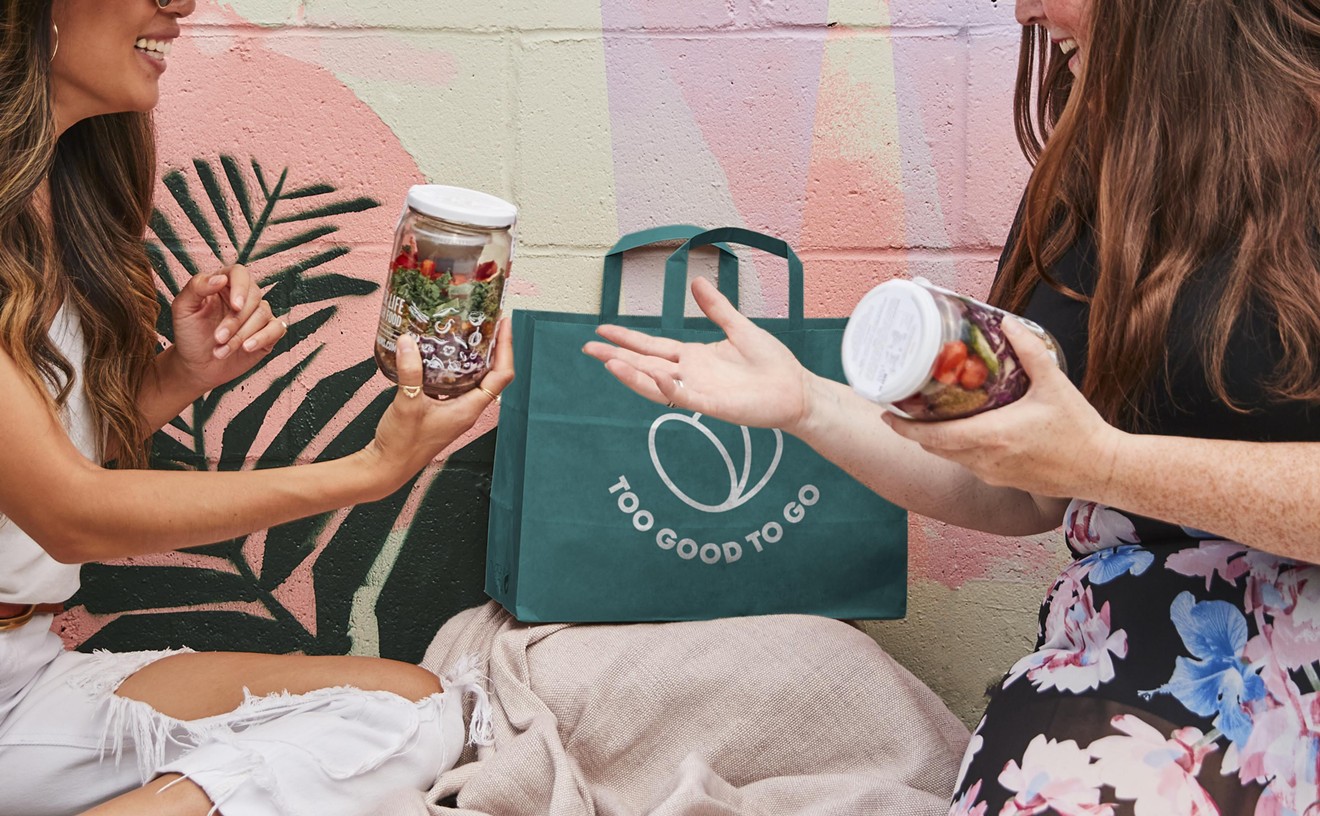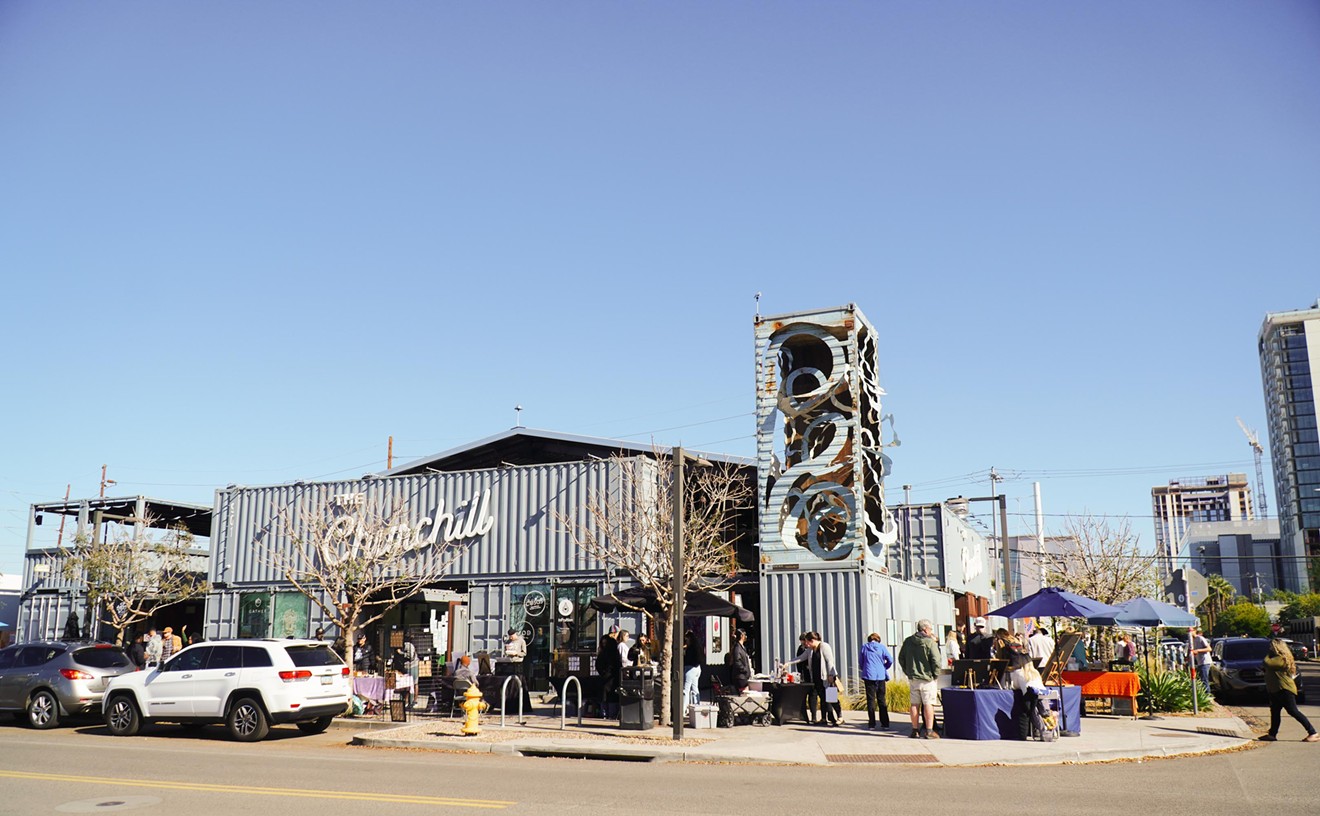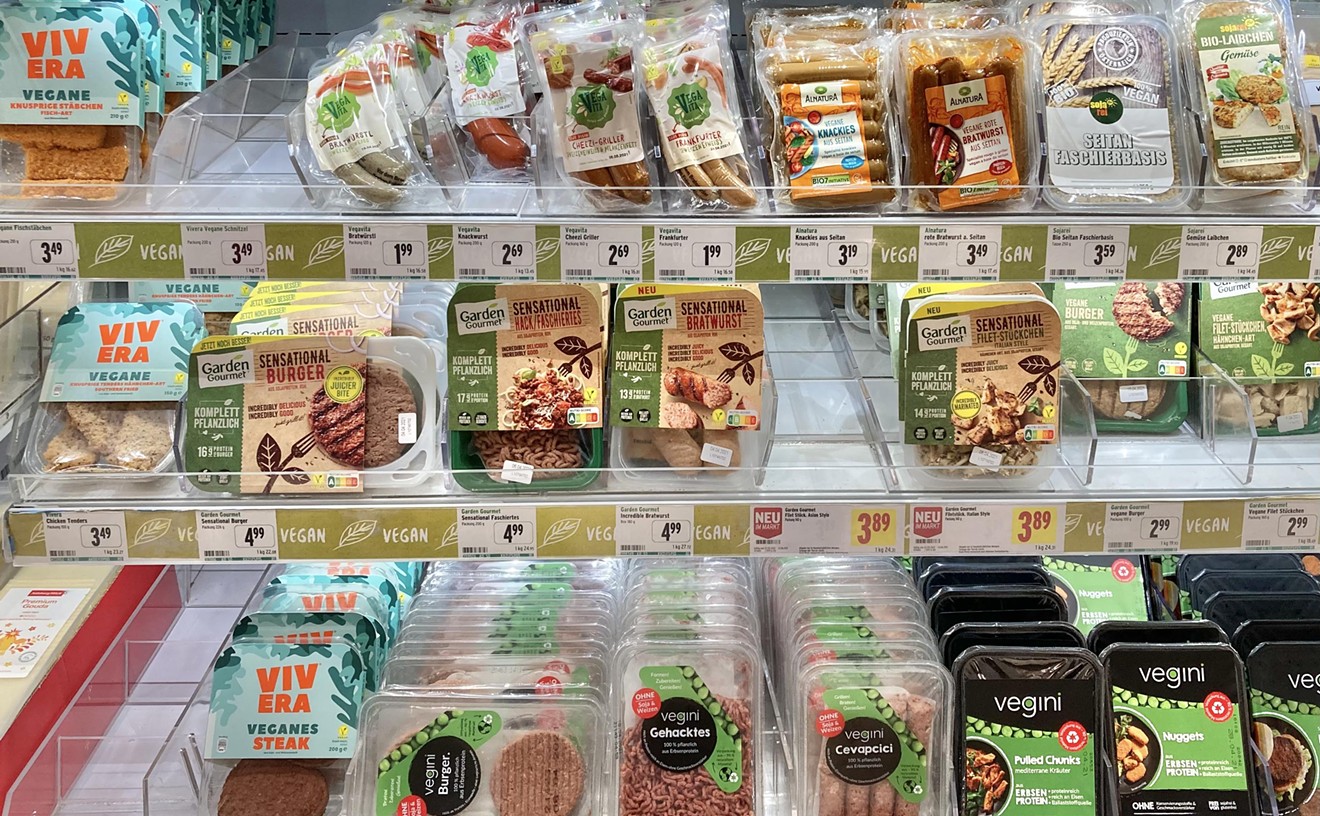Khyber Halal Restaurant is a culinary crossroads of sorts — a blending of foods from Pakistan, Afghanistan, and India, where each nation's cuisine is as diverse as the restaurant's staff of family members. Here, flavorful bowls of rusty red chicken tikka masala and plates of rich goat biryani sit alongside such Afghani specialties as yogurt-topped eggplant and giant potato pancakes. If the adults are present, the restaurant's single TV will be tuned to the Arabic cable channel. If the 20-something sons are running the show, it's football.
"Pakistani dishes take longer to prepare, are spicier, and have more ingredients than Afghani ones," says Mohammad Safi, who co-owns Khyber Halal with his sister, Fahima Hassan. "Afghani food is simpler and uses lamb instead of goat."
Aptly named after Khyber Pass, the mountain pass connecting Pakistan and Afghanistan, the Khyber Halal extended family, with roots in both countries and Uzbekistan, seems the most likely to have created the Valley's only Indo-Pak and Afghani restaurant. Opened in March in a strip mall at the corner of Indian School Road and 24th Street, Khyber Halal is a unique mix of the familiar and the unexplored. Some offerings are more successful than others, but overall, at this family-run affair, chances are you'll find a dish or two worth returning for.
The cooking is split between Safi, who's responsible for the Pakistani food, made from recipes from his wife's father, who owned a restaurant in Islamabad, and sister Hassan, who prepares the Afghani fare. Safi wouldn't have it any other way. In 2007, he opened his first Phoenix restaurant as a solo venture. Four months later, he gave the keys back to the landlord.
"Running a restaurant is too much work to do alone," Safi says. "I realized I needed my family to be successful."
And, Safi tells me, because of customer comments at the restaurant and through its catering functions, he and his sister keep the spice at a mild level, unless otherwise requested.
You could start with very good seasoned ground chicken inside a flaky triangular samosa and accompanied by a cool mint chutney, or a mix of spiced potato, flattened and fried into a golden brown shami kebab patty and served with a refreshing and creamy sauce of yogurt, vegetables, and spices. The hummus is acceptable, but not when it is served with dry pita bread.
When it comes to meat — beef, chicken, and goat, in particular — Pakistanis enjoy a good deal of it. And Khyber Halal's menu is flush with dishes in which meat meets rice, sauces, and skewers.
You could skip the goat biryani, the popular Indian rice dish. Although the pieces of bone-in goat are tender, there is little in the way of seasoning — an unfortunate fate of the large helping of rice, as well. Better is the goat or chicken karahi, a favorite curry of Pakistan cooked in a wok-shaped dish of the same name. Here, bone-in pieces of the flavorful meats are mixed with tomatoes, onions, green chiles, and, in each case, select spices, for a dish with a steady, mild heat. And if you don't mind your naan on the flour-y side, the accompanying pieces of flatbread should work nicely in sopping up what's left of the sauce.
For carnivores traveling in packs, there is Khyber Halal's mixed grill platter. At $20, this share-worthy dish features four Afghani- and Pakistani-style kebabs served over a mound of rice and alongside a refreshing pico de gallo-like side of diced vegetables. It may be the best deal on the menu. The default meats, save for the overcooked and barely seasoned lamb (which can, and should be substituted with another selection), are excellent: seared chunks of fiery red spicy chicken boti; zesty green chicken mali boti, whose heat is less pronounced; and a simply seasoned and oniony minced beef sheesh kebab, whose long, flat shape runs the width of the platter.
Of the Afghani specialties, Safi recommends newcomers start with the kabli pulao or the mantoo. The national dish of Aghanistan, kabli pulao features a mixture of rice, carrot slivers, and raisins topped with the aforementioned foot-long beef sheesh kebab for a rich and satisfying flavor with hints of sweetness from the raisins and the onion-laced meat. Less successful is the traditional dish mantoo, or ground beef dumplings. Because the beef filling was underseasoned and insubstantial, the 12 steamed mantoo made for uninspiring forkfuls of dough. Even the light, tomato-based meat sauce, creamy yogurt sauce, and heavy sprinkling of dried mint couldn't prop up the dumplings' flavor.
Of the Afghani veggie dishes, there is a nice badanjan, or eggplant, in which thick slices of the vegetable are mixed with onions and spices and topped with a yogurt sauce. Better is the gulpi, braised cauliflower uniquely seasoned with black pepper and handfuls of turmeric. For those who doubt cauliflower could ever be this delicious, the gulpi is a game-changer.
If you are inclined to order the bolanee, the veggie-filled vegan flat bread of Afghanistan, make sure you have a few friends in tow. More or less the Afghani version of a stuffed pancake, it arrives as a head-turning 20-inch disc of thin, fried dough, sliced pizza-style. Slightly crispy and filled with seasoned potatoes, it's perfect as an appetizer or a go-along with entrees.
Inside Khyber Halal, the cultural mix continues. Within the clean and casual space, large photographs of cities from around the world (leftover from the location's former tenant, a deli) hang on buttery yellow walls, over a few benches decorated with ornate pillows and several tables sporting maroon tablecloths covered in plastic. At the counter, a dessert case shows off sweet endings which may include the popular Indian and Pakistani dessert gulab jamun, Afghan rote (sweet bread), or small bites of baklawa.
And, according to affable, front-of-the-house man Habib Hassan (Fahima's husband) the restaurant's food has caught on with many Anglos, who, he tells me, make up about 80 percent of Khyber Halal's customer base.
Members of the family are always present — bustling about when they are on duty, sitting and chatting with guests, watching the little ones, or working on laptops when their shifts have ended. At times, service can be slow, but it is always friendly and helpful — especially when it comes to understanding and selecting dishes.
"What's the right way to eat this?" one of my dining guests inquired about a dish.
"Alone, with the sides, with one or both of the sauces — you can eat it anyway you'd like," Hassan answered. "Here, everything is acceptable."










